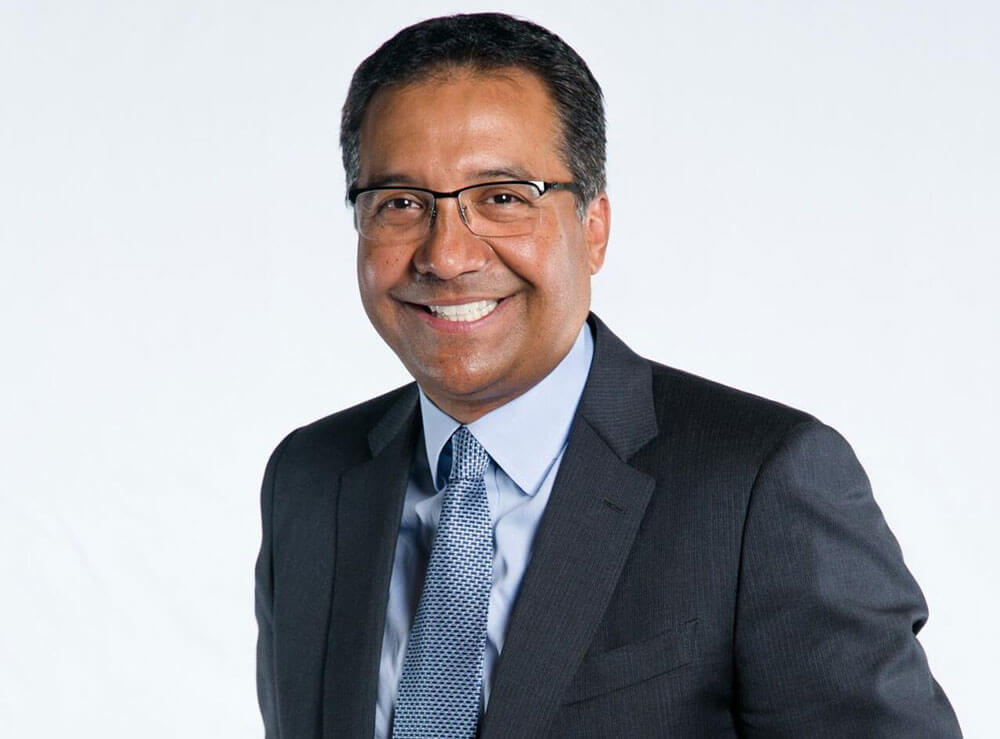
“I am a strong believer in the fact that wellness will continue to be front and center to the experience,” says Michael Dominguez, new CEO at ALHI.
Event experience design has evolved, and it’s safe to say that Michael Dominguez has been at the forefront. In addition to his full-time roles — most recently as senior vice president and chief sales officer for MGM Resorts International — Dominguez has a mile-long list of volunteer leadership positions to his name, including serving as the past chairman of the International Board of Directors for MPI, the co-chair of the Meetings Mean Business Coalition, and co-chair of APEX Room Piracy Taskforce. He has frequently landed on industry recognition lists for those efforts.
On July 8, Dominguez moved from MGM to Associated Luxury Hotels International (ALHI), where he has been named president and CEO. It’s a new position for Dominguez, but it covers some familiar ground from his tenure with MGM Resorts International and Loews Hotels, both of which are part of ALHI’s network. Before his first day on the job, Dominguez shared his thoughts with Convene via email on what’s next as he digs in.
What are some of the key ways that you see ALHI shaping the next generation of meetings and events?
As ALHI serves as the global sales organization to the world’s top independent luxury hotels and resorts, there exists an ability to aggregate many of the learnings from a very experiential customer. Knowing that the “experience” has never been more at play, ALHI’s members will be able to contribute to a narrative that could assist the industry with important changes that will make meeting objectives easier to achieve.
What’s next for the expansion of ALHI’s network?
In today’s environment, the ability to scale is so important. As a constant believer in a data-driven approach, I know that our growth will be based on client needs, complementary destinations, and, of course, the ability to increase options for our customers and members.
You’ve worked as a member of ALHI for more than 20 years, and now, you’re at the helm. How does your past experience shape your vision for the future? What are some of the recent changes in the meetings and events industry you addressed at MGM that are important in thinking about the next few years at ALHI?
Many who have heard me speak in the industry have heard about the speed of change. That change applies to our customer, our business models, and, quite candidly, to every facet of our business. My experience with ALHI allows me to start in the “middle of the movie,” but my overall experience tells me that I have much to learn from our members — and, most importantly, our customers — to be able to answer this question comprehensively.
I am a strong believer in the fact that wellness will continue to be front and center to the experience and that behavioral science is necessary for us as an industry to create environments that drive the most engagement, lend to mental acuity, and increase effectiveness.
Between the constantly accelerating pace of technological innovation, the rise of alternative peer-to-peer accommodations, and some concerns about when the next global economic slowdown will happen, there are any number of hospitality industry challenges coming up. What keeps you up at night? And which opportunities are the ones that excite you?
First, I sleep very well! But there are always pieces to the macro and micro environments that are important for us to understand and get in front of for future opportunities.
I think the obvious issue is that we are in the middle of is the longest economic expansion that the U.S. has ever seen. We all know at some time this will come to a slowdown — when, how long, and how deep are the questions that we must prepare for now.
Secondly, the most impactful issue for our industry is the fact that we have one million service jobs open without the ability to fill them. This will be a challenge that could impact service, experience, and specifically cost as this creates wage pressure.
David McMillin is a Convene associate editor.
